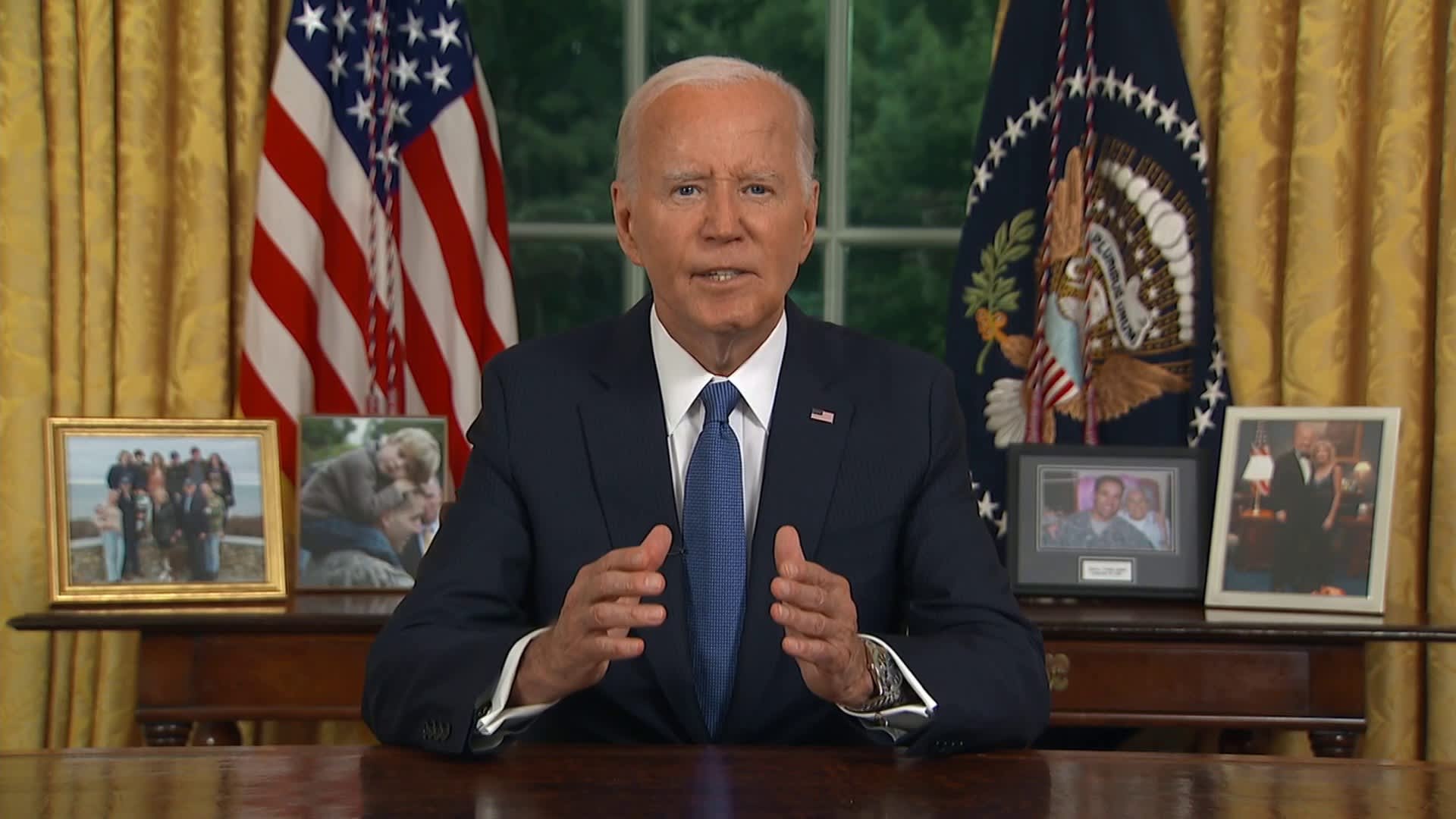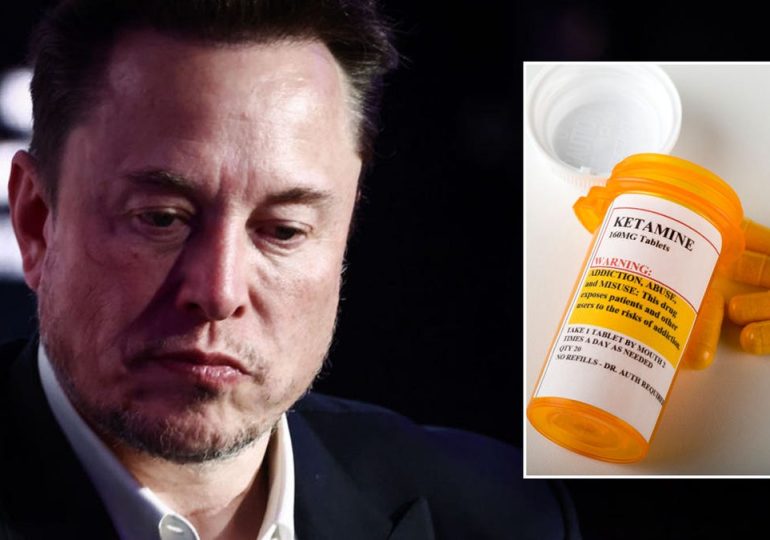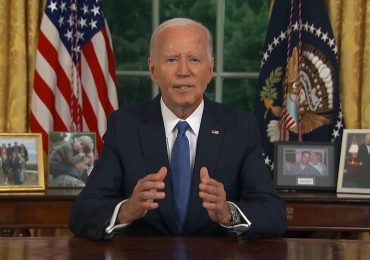Elon Musk uses ketamine to boost his mental health, the billionaire said in a video interview that was streamed on YouTube on Monday.
When asked about drug use, Musk — the CEO of Tesla and SpaceX — answered, “There are times when I have sort of … a negative chemical state in my brain, like depression, I guess.”
He noted that he uses a “small amount once every other week.”KETAMINE THERAPY SHOWN EFFECTIVE IN TREATING SEVERE DEPRESSION IN VETERANS, STUDY FINDS
“Ketamine is useful for getting one out of a negative frame of mind,” Musk went on, referring to his depression as “chemical tides” and saying it wasn’t “negative news.”
Musk also implied in the interview with former CNN anchor Don Lemon that his ketamine use is beneficial to his businesses.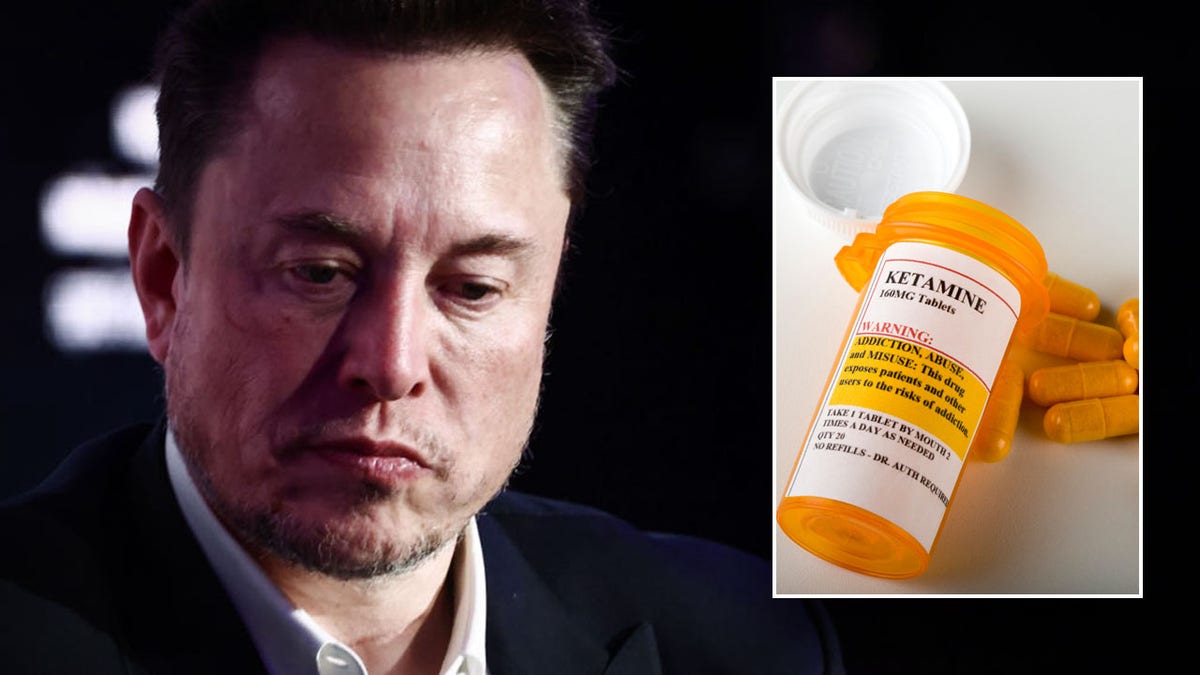
Elon Musk uses ketamine to boost his mental health, the billionaire said in a video interview that was streamed on YouTube on Monday. (Getty Images/iStock)
The owner of social media platform X added that he has posted about his ketamine use in the hope of helping people.
Musk also said that he obtains the ketamine via prescription from a medical doctor and that he does not abuse the drug.
WHAT IS KETAMINE, THE DRUG THAT KILLED MATTHEW PERRY?
“If you use too much ketamine, you can’t really get work done, and I have a lot of work,” he said.
This isn’t the first time Musk has discussed ketamine use.
In a post on X in June 2023, the entrepreneur stated, “From what I’ve seen with friends, ketamine taken occasionally is a better option.”
Fox News Digital reached out to Musk for further comment about his widely reported interview on Monday.
What to know about ketamine
Ketamine, a hallucinogenic anesthetic drug, was first approved in 1970 as an anesthetic for use by medical doctors and veterinarians.
Since then, ketamine has been shown to have powerful effects on the brain, particularly for people suffering from depression, according to Dr. William Prueitt, director of the Ketamine Treatment Program at Silver Hill Hospital in Connecticut.
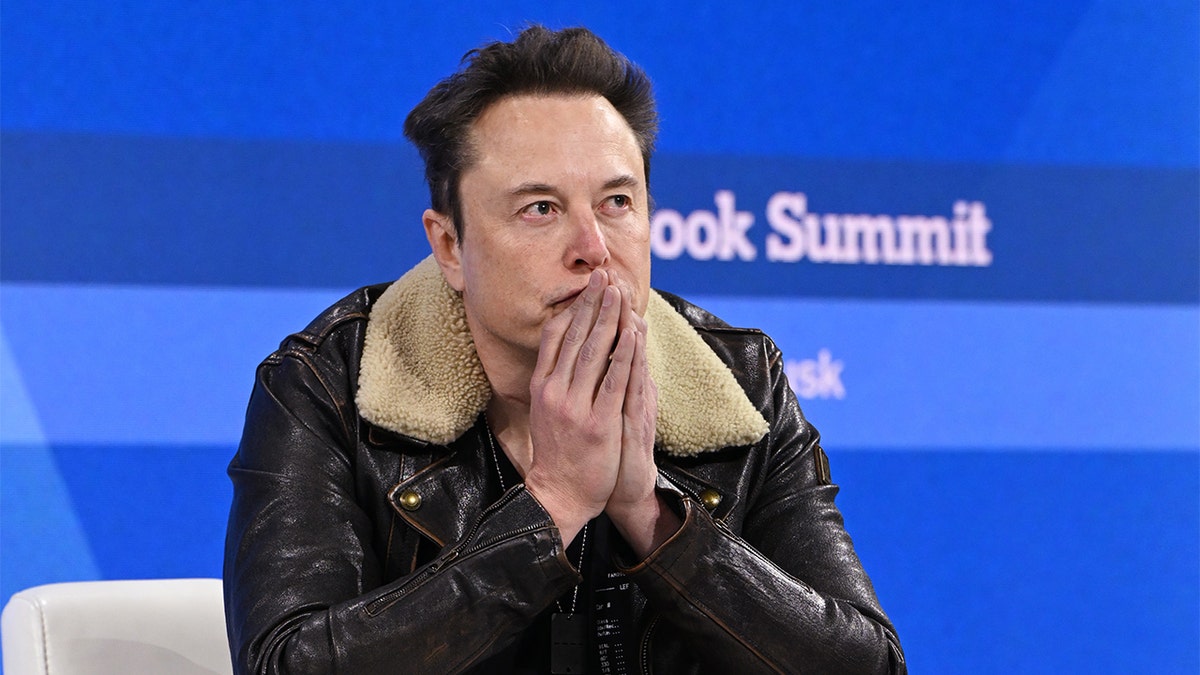
The owner of the social media platform X added that he posted about his ketamine use in the hope of helping people. (Getty Images)
“There’s growing evidence that ketamine can be very effective for patients with depression who have not responded to other treatments,” Prueitt told Fox News Digital.
Ketamine is best suited for patients with moderate to severe depression who haven’t responded to other types of treatments or therapy, the doctor said.
CLICK HERE TO SIGN UP FOR OUR HEALTH NEWSLETTER
“These patients have what we call treatment-resistant depression, meaning they’ve tried at least two antidepressants (at sufficient doses and durations) that just haven’t worked,” he said.
Ketamine works differently from traditional antidepressants — it targets different neurotransmitters in the brain, Prueitt noted.
“There’s growing evidence that ketamine can be very effective for patients with depression who have not responded to other treatments.”
“That is one proposed reason why it’s often successful where other medications are not,” he said.
The drug can be administered in multiple ways, but the primary methods are by nasal spray (esketamine) or IV infusions (ketamine).
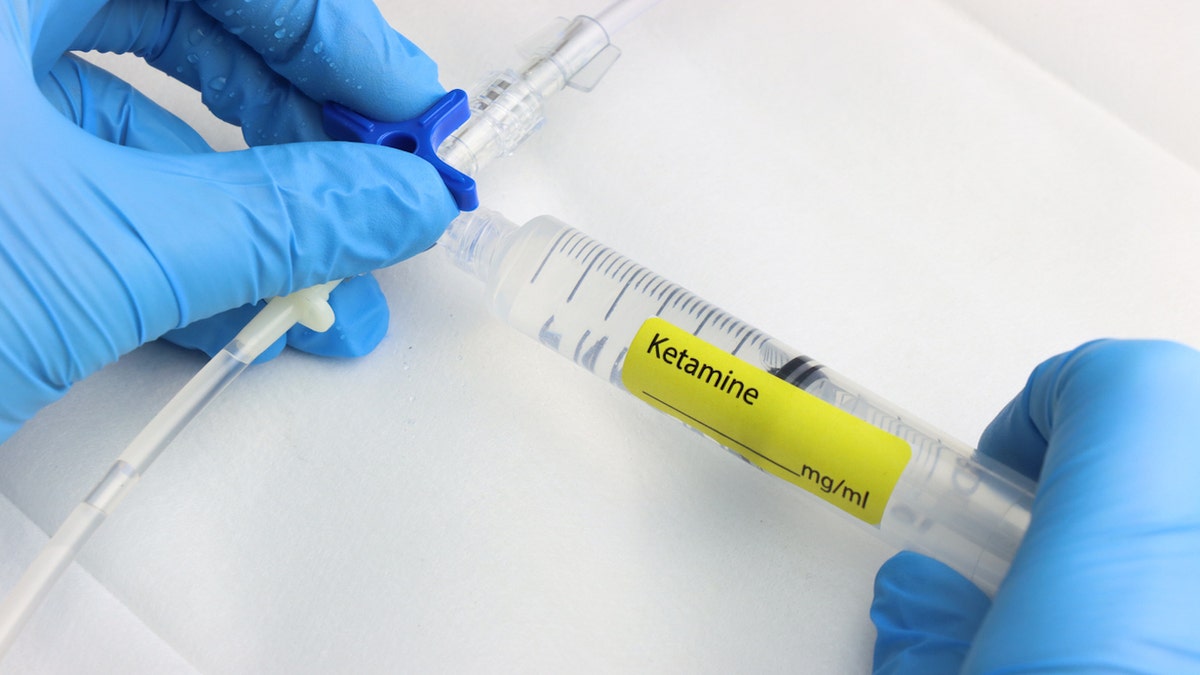
The drug can be administered in multiple ways, but the primary methods are by nasal spray (esketamine) or IV infusions (ketamine). (iStock)
“Ketamine provides rapid relief of symptoms, sometimes in as little as a few weeks,” said Prueitt.
“Patients can experience improved mood, renewed optimism and reduced negative thoughts.”
When administered in an “appropriate treatment setting” with an experienced medical team, ketamine is generally “very safe,” according to Prueitt.
CLICK HERE TO GET THE FOX NEWS APP
There can be risks, however, when it’s given in unsupervised circumstances.
“Patients should not self-medicate and should only receive ketamine treatments after an appropriate psychiatric evaluation and medical screening,” he added.
For more Health articles, visit www.foxnews/health.


